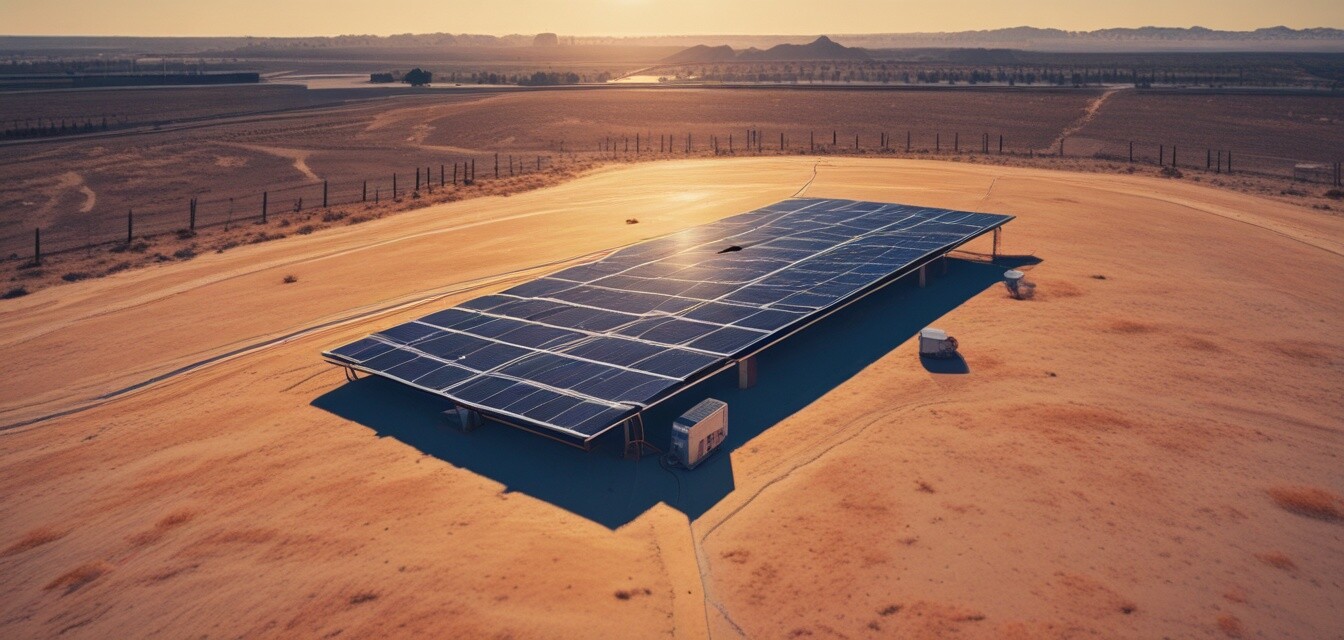
DIY Solar System Maintenance: Keeping Your Setup Efficient
Key Takeaways
- Regular maintenance is essential for maximizing the performance of your RV solar system.
- Keep solar panels clean and free of debris.
- Check connections and wiring regularly to prevent issues.
- Monitor battery health and maintain appropriate charge levels.
- Familiarize yourself with your solar system components for effective troubleshooting.
Maintaining a DIY solar system in your RV is crucial for ensuring that it operates effectively throughout the year. Regular upkeep of the solar panels, batteries, and inverters not only keeps your system running smoothly but also maximizes energy production.
Understanding Your Solar System Components
Before diving into maintenance tips, it's important to understand the key components of your RV solar power system:
- Solar Panels: Convert sunlight into electricity.
- Batteries: Store energy for later use.
- Inverters: Convert DC power from batteries to AC power for appliances.
- Charge Controllers: Regulate the voltage and current coming from the solar panels to prevent overcharging the batteries.
Regular Maintenance Tasks
Below are essential tasks you should perform regularly to keep your solar system in peak condition:
| Maintenance Task | Frequency | Details |
|---|---|---|
| Clean solar panels | Monthly | Remove dirt, dust, and debris using a soft cloth or sponge with mild soap. |
| Check battery levels | Monthly | Ensure that battery electrolyte levels are above the minimum mark. |
| Inspect wiring and connections | Quarterly | Look for corrosion, loose connections, and wear on wires. |
| Monitor inverter performance | Quarterly | Check inverter display for error codes and ensure it functions correctly. |
| Test system output | Annually | Measure the system’s output to ensure it’s performing effectively. |
Cleaning Your Solar Panels
Keeping your solar panels clean is one of the simplest yet most effective ways to enhance efficiency. Accumulated dirt and debris can significantly reduce light absorption. Here are some tips for cleaning your panels:
- Ensure panels are cool before cleaning to prevent damage.
- Use a soft cloth or sponge with a mixture of water and mild soap.
- Rinse off soap with clean water.
- Avoid using abrasive materials that could scratch the panels.
Batteries Maintenance
Your solar system's batteries store energy, so maintaining them is vital. Here are some key battery maintenance tips:
- Regularly check the fluid levels in flooded lead-acid batteries.
- Ensure connections are tight and free from corrosion.
- Monitor the charge levels and prevent deep discharges to ensure longevity.
Weeding Out Problems Early
Early detection of problems can save you time and money. Here are some common signs that your solar system may need attention:
- Inconsistent power supply.
- Panels appear discolored or damaged.
- Unusual noises coming from the inverter.
- Battery requires frequent charging.
Professional Help vs. DIY Solutions
While most maintenance tasks can be handled by DIY enthusiasts, some situations may require professional intervention. If you encounter complex issues, it might be best to reach out to an expert.
Pros
- Increased efficiency of your solar system.
- Longer lifespan of solar components.
- Peace of mind knowing your system is well-maintained.
Cons
- Time commitment for regular maintenance.
- Possible costs associated with replacing worn parts.
- Need for some technical knowledge for troubleshooting.
Conclusion
Maintaining a DIY solar system in your RV is an essential practice that can lead to enhanced performance and longevity. By understanding your system components and adhering to a regular maintenance schedule, you will ensure your setup operates at peak efficiency year-round. For more information about specific installation tips and system components, feel free to explore our categories: